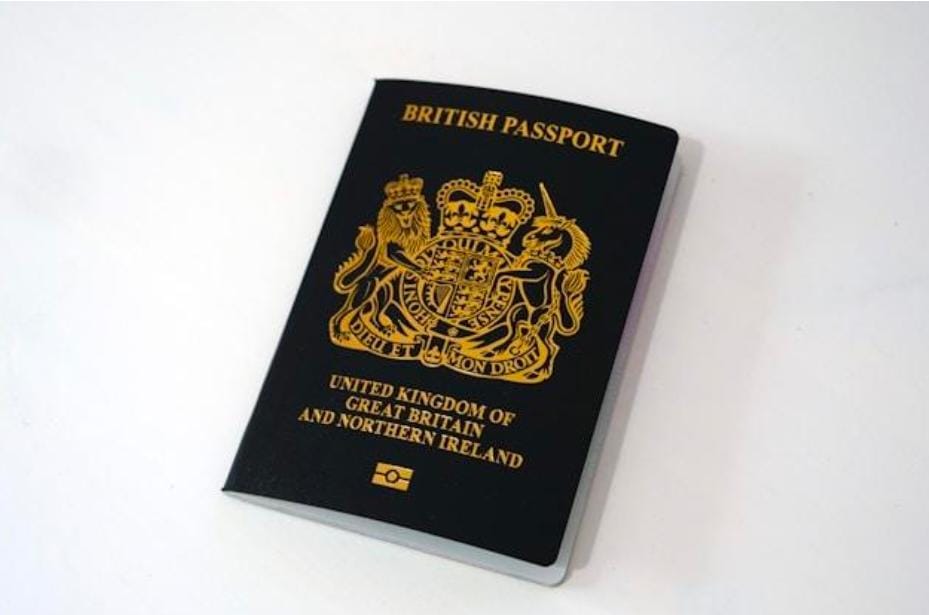Being refused a UK visa can be both stressful and discouraging, especially when your future plans depend on living, working, or studying in the UK. The good news is that a refusal doesn’t always mean the end of your immigration journey. Depending on your circumstances, you may still have options to challenge the decision and secure your right to enter or remain in the UK.
In this article, we’ll explore what happens after a UK visa refusal, the available routes to challenge it, and how expert legal assistance can improve your chances of success.
Why Are UK Visas Refused?
The Home Office may refuse a visa application for several reasons, such as:
- Incomplete or incorrect documentation.
- Failing to meet the financial requirements.
- Lack of evidence for genuine relationships (in family or spouse visa cases).
- Previous immigration violations or overstaying.
- Errors in the application process.
It’s important to carefully review the refusal notice you receive, as it outlines the reasons for rejection and guides you on the next possible steps.
What Are Your Options After a Visa Refusal?
Not all visa refusals can be appealed, but most applicants have at least one route to challenge the decision. The three main options include:
1. Appeal to the Immigration Tribunal
If your visa refusal involves human rights, asylum, or family-related matters, you may be able to appeal to the First-tier Tribunal (Immigration and Asylum Chamber).
- Deadline: 14 days if you’re in the UK, or 28 days if you’re outside the UK.
- Process: You’ll need to submit grounds of appeal, present supporting evidence, and potentially attend a hearing.
- Outcome: A judge will review your case and either overturn or uphold the Home Office’s decision.
2. Administrative Review
If your visa was refused due to a caseworker error, an administrative review may be the best option.
- Deadline: 14 days if applying from within the UK, 28 days if from abroad.
- Focus: Highlighting mistakes in the decision-making process rather than submitting new evidence.
- Benefit: Faster and less costly than a tribunal appeal.
3. Submitting a New Application
Sometimes the quickest way forward is to reapply with corrected documentation and stronger supporting evidence. This can be the best approach if your initial refusal was due to incomplete information or failure to meet specific requirements.
How to Appeal Effectively
Navigating visa refusals on your own can be complex and overwhelming. Professional immigration lawyers can make the difference between success and another refusal. They provide:
- Case analysis — identifying the strongest route forward.
- Drafting appeal grounds — preparing compelling legal arguments.
- Evidence preparation — ensuring documents meet Home Office requirements.
- Representation — standing by your side during hearings or tribunal proceedings.
- Relocation support — guiding successful applicants as they transition to the UK.
For detailed guidance on the appeal process, you can learn more about how to appeal for UK visa refusal with Imperial & Legal, a trusted law firm specialising in UK immigration law.
Step-by-Step Guide After Receiving a Refusal
- Read the refusal letter carefully — note the reasons and deadlines.
- Seek professional advice immediately — delays can limit your appeal rights.
- Decide the right route — tribunal appeal, administrative review, or reapplication.
- Prepare thoroughly — gather strong evidence and legal arguments.
- Act within deadlines — missing the window for appeal or review can forfeit your rights.
Why Choose Expert Legal Support?
The UK immigration system is complex, with strict deadlines and technical requirements. Many applicants fail not because their case is weak, but because of small mistakes in documentation or misunderstanding of the law.
By working with immigration specialists, you gain:
- A tailored strategy for your situation.
- Reduced risk of errors.
- Higher chances of success on appeal.
- Peace of mind that your case is in expert hands.
Final Thoughts
A UK visa refusal can feel like a major setback, but it doesn’t have to be the end of your journey. Whether through an appeal, administrative review, or new application, there are options to challenge the decision and move forward.
Seeking expert legal help ensures you don’t miss crucial deadlines or overlook opportunities to strengthen your case. If your application has been refused, don’t delay — take immediate steps to protect your rights and secure your future in the UK.

